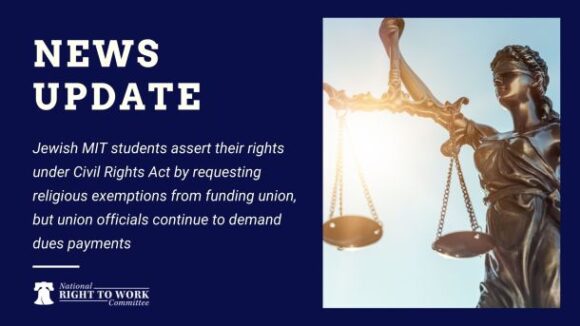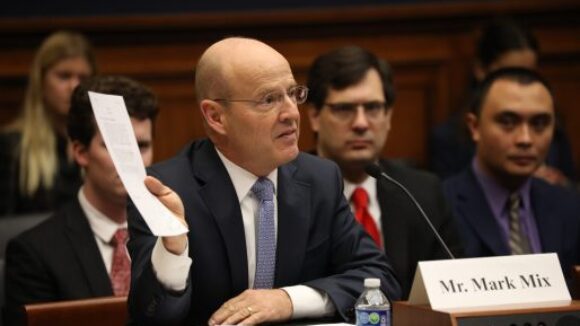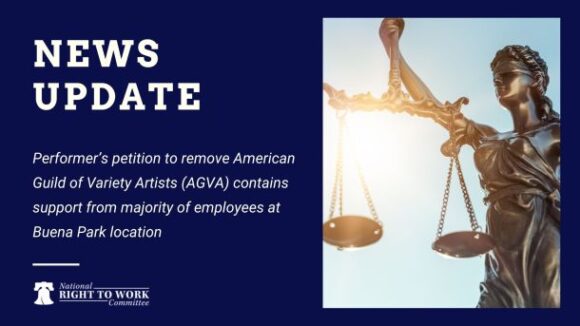In a new commentary for The Freeman (see the link below), pro-Right to Work economist Charles Baird opines that, with the adoption last year of the 23rd and 24th state Right to Work laws in Indiana and Michigan (!), respectively, union officials and their apologists are “desperate to quash the emerging consensus that unionism is legitimate only if it is voluntary.”
One debating tactic against Right to Work often used by politicians and publicists who support monopolistic unionism and are anything but classical liberals themselves is to cite the late Milton Friedman, the most renowned American-born classical liberal economist of the 20th Century, as an ally.
In his commentary this month for The Freeman, Baird, a classical liberal himself, points out that Friedman actually advocated repeal, literal or effective, of the National Labor Relations Act (NLRA) and other federal laws that force employers to recognize a particular union as the “exclusive” (i.e., monopoly) bargaining agent of all their front-line employees, including union members and nonmembers alike, on matters concerning their pay, benefits and work rules.
Friedman did believe that, once the federal government stopped promoting monopoly unionism in the private sector, state Right to Work laws protecting private-sector employees from forced union membership and dues wouldn’t be necessary. However, he also explicitly doubted that, “in a competitive labor market,'” it “would in fact ever be profitable for employers to offer a closed shop as a condition of employment . . . .”
Moreover, former National Right to Work Committee President Reed Larson sometimes expressed the view that, were it not for the NLRA and its ilk, there would be no need for private-sector, state-level Right to Work protections. Holding that view, therefore, hardly made Friedman a proponent of compulsory unionism!
Baird, an economics professor emeritus at California State University, East Bay, sums up Friedman’s stance on federal labor policy and Right to Work laws (which he abbreviates as RTW laws) here:
The NLRA imposes forced association on workers through “exclusive representation,” which is more appropriately called monopoly bargaining privileges for unions. Once a union is certified (by the National Labor Relations Board) as an exclusive bargaining agent for employees in a firm, all such employees must accept such representation whether they, as individuals, want it or not. Individuals are even forbidden to represent themselves.
Friedman is clear that such monopoly should not be permitted. In his view, getting rid of the monopoly is better than relying on RTW laws to ameliorate the malign consequences of the monopoly. I agree. Repealing the NLRA would eliminate the labor monopoly in question. Under those circumstances RTW laws would be illicit.
However, in my view, if we cannot get rid of the monopoly, RTW laws are an acceptable means by which some modicum of workers’ freedom of association can be protected. I don’t know whether Friedman would agree with this point.


